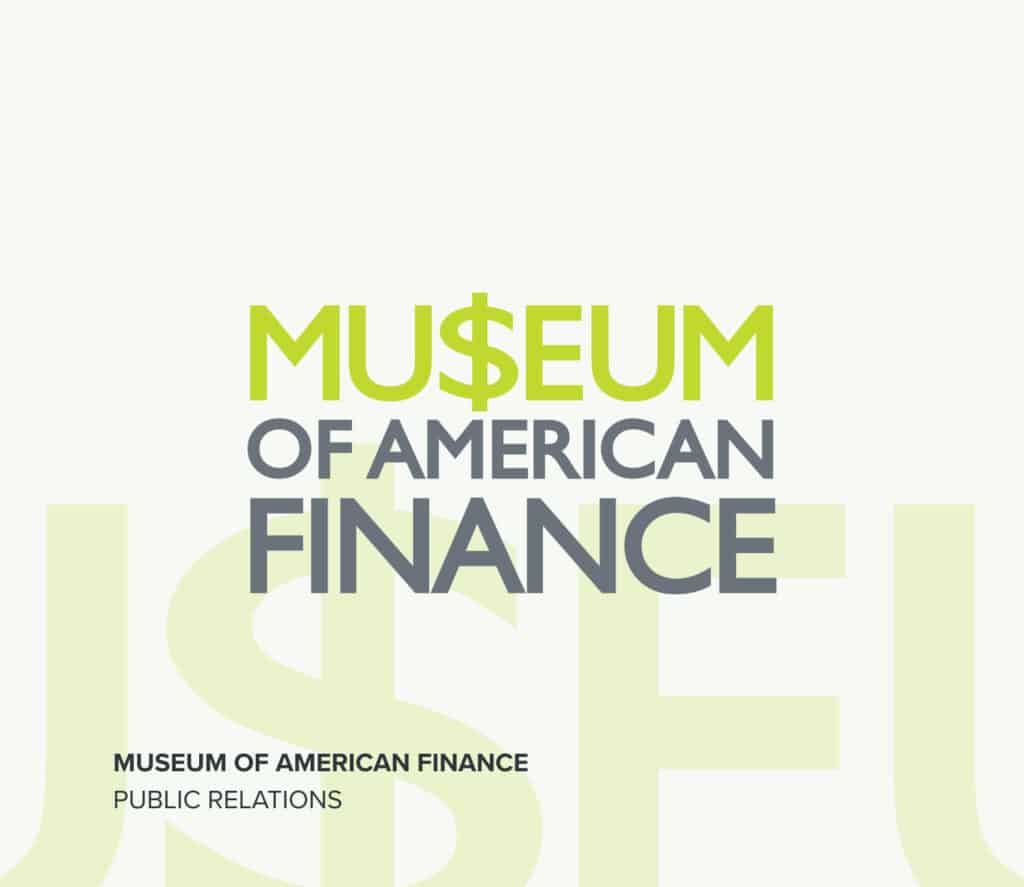Cryptocurrency in our Government, Schools and Crime.
Taxing Cryptocurrency: Lawmakers have been searching for ways to fund the Senate’s $1 trillion infrastructure deal and could be turning to an unlikely revenue stream – cryptocurrency. Taxing the unregulated sector of finance provides not only a source of funding for the deal, but also encourages oversight and forces disclosure about their transactions to the Internal Revenue Service, according to The New York Times. “By strengthening tax enforcement on such digital assets, the federal government could raise $28 billion over a decade, according to an estimate by the Joint Committee on Taxation, which analyzed the plan.”
Cryptocurrency Classes: Every recent grad is looking for ways to stand out in a competitive job market; to do this, many are now turning to crypto. Big banks and brokerages have already embraced cryptocurrency and now universities are looking for ways to diversify their MBA programs to accommodate the change. The Fortune covers some of the changes made at NYU, Stanford and Colombia. We may very well begin to see classes on cryptocurrency become a requirement for business students over the next decade.
Ransomware attacks: Bitcoin has a bit of a checkered past. First used on the dark web, Bitcoin is more recently become a popular payment in ransomware attacks. “The COVID-19 pandemic set the stage for a surge in ransomware attacks,” according to CNET. With vast tracts of the global workforce moving out of well-fortified corporate IT environments into home offices, cybercriminals had more surface area to attack than ever.”
Bitcoin Mutual Fund: Bitcoin just made an important step in diversifying the ways to invest in order to appeal to more potential investors — mutual funds. According to Barron’s, The Bitcoin Strategy ProFund launched its first mutual fund for Bitcoin. The minimum investment is $1,000 and the fund invests in front-month futures contracts on the Chicago Mercantile Exchange.


